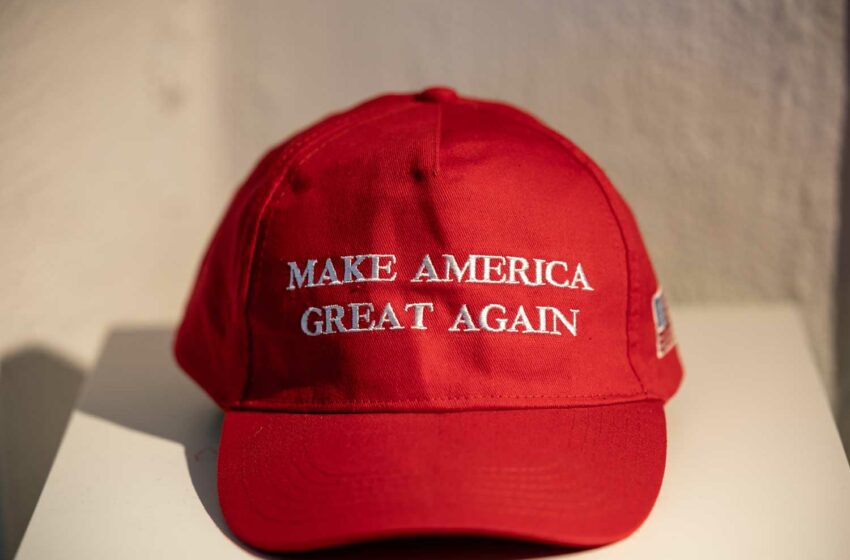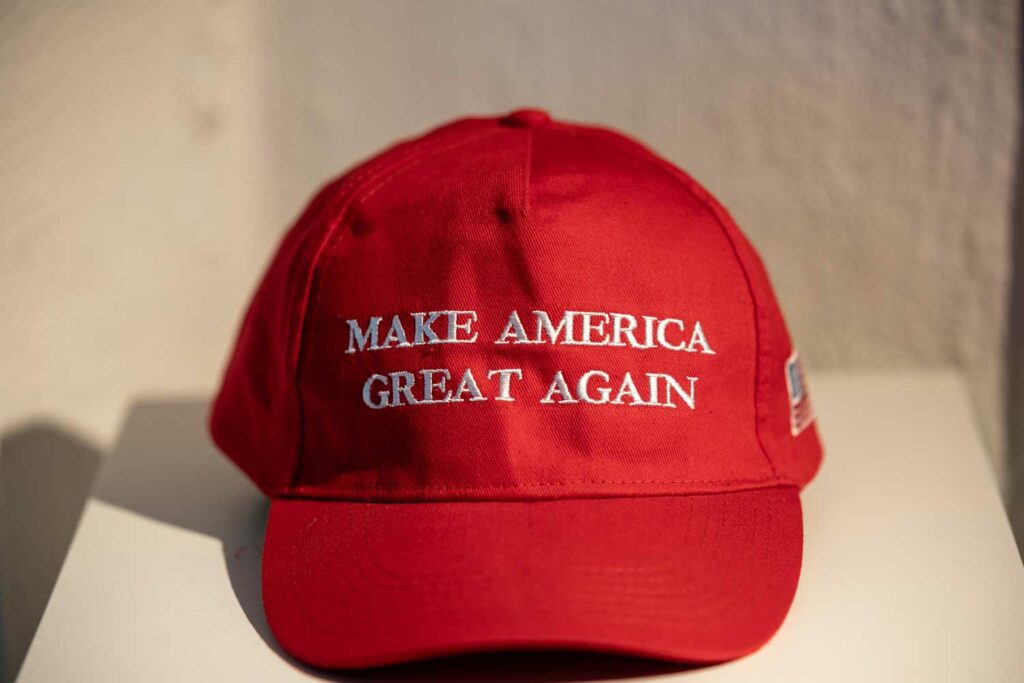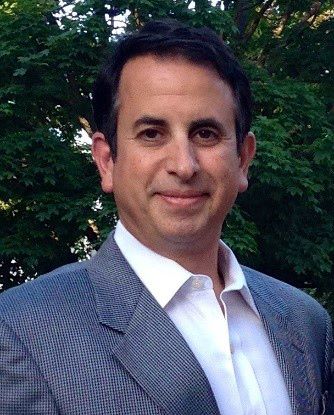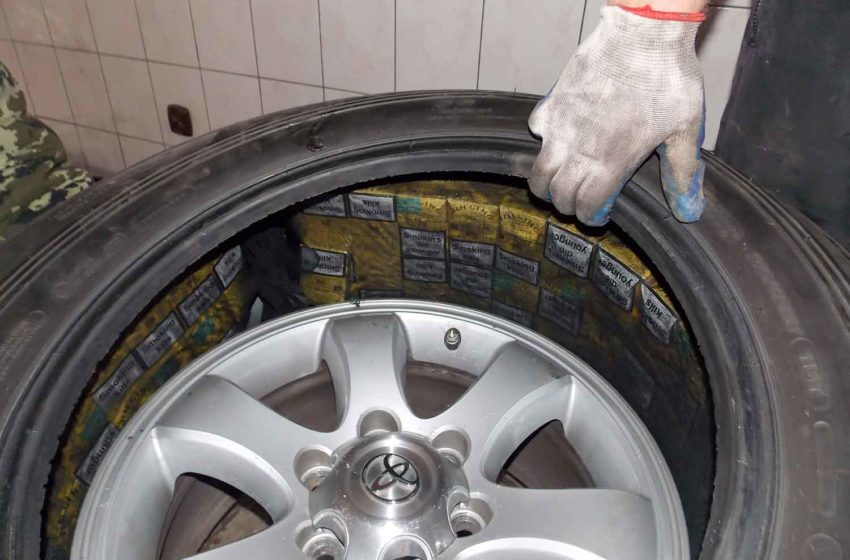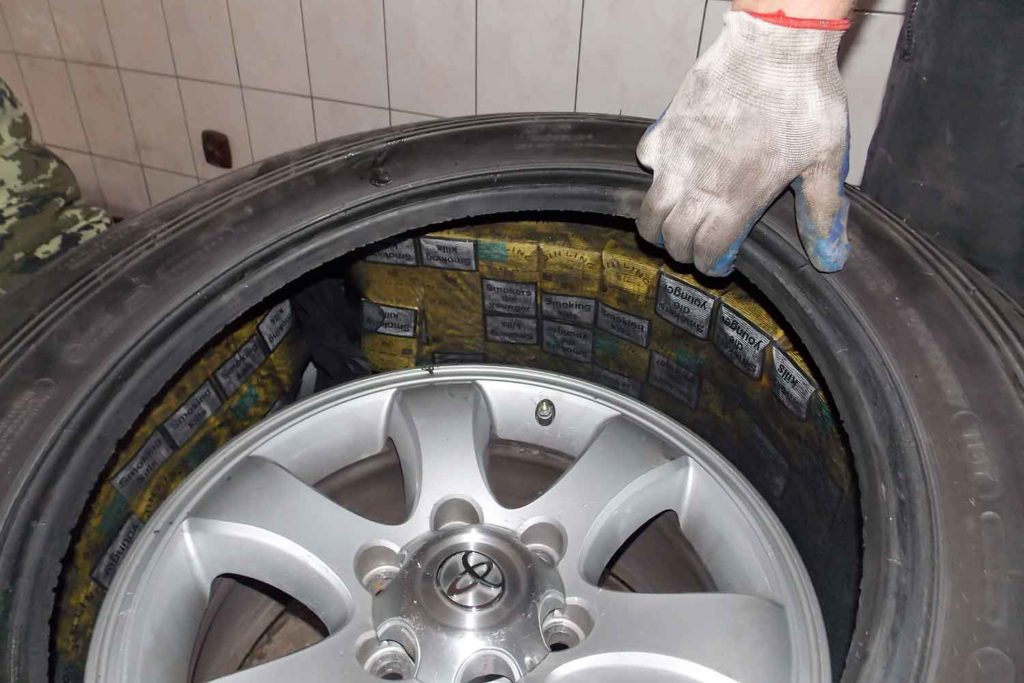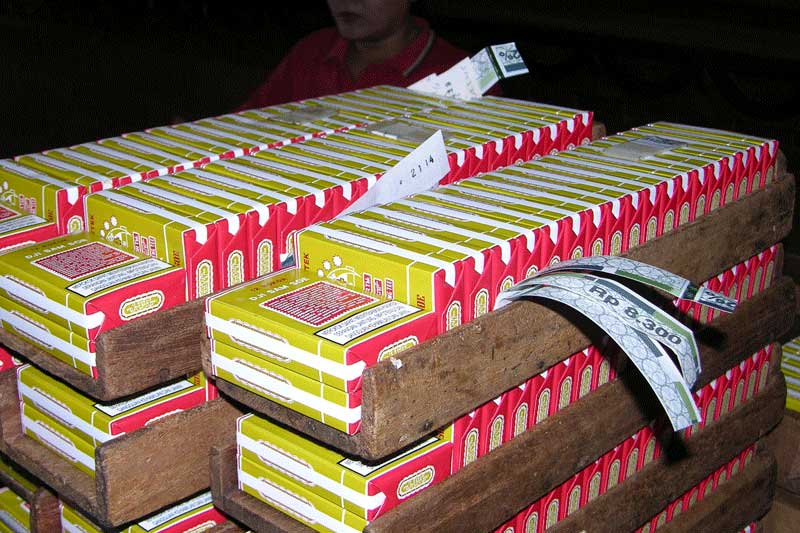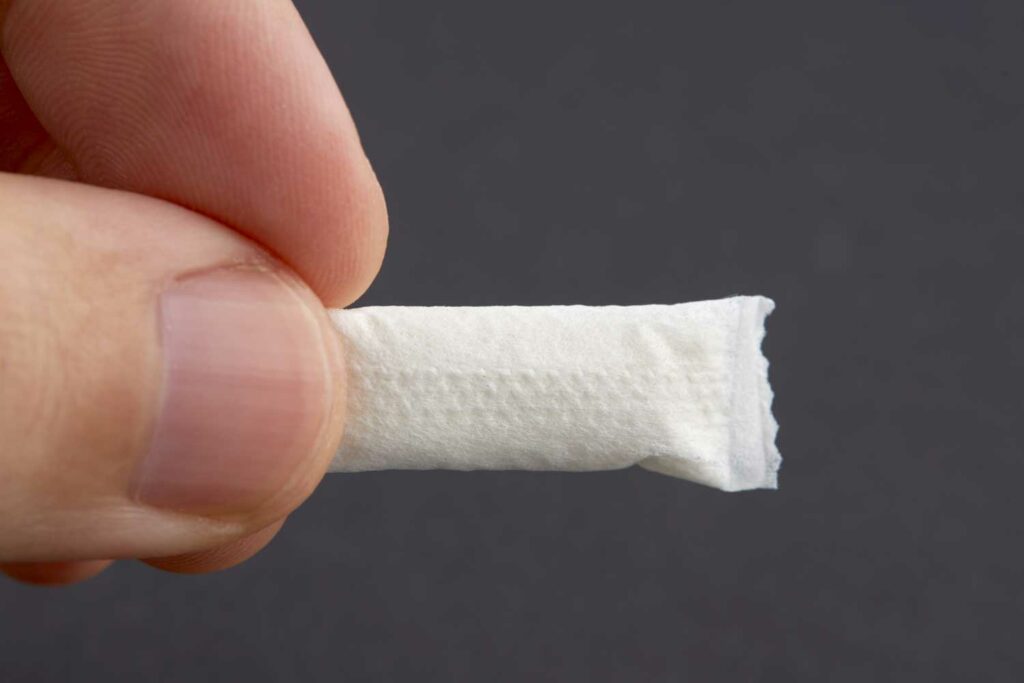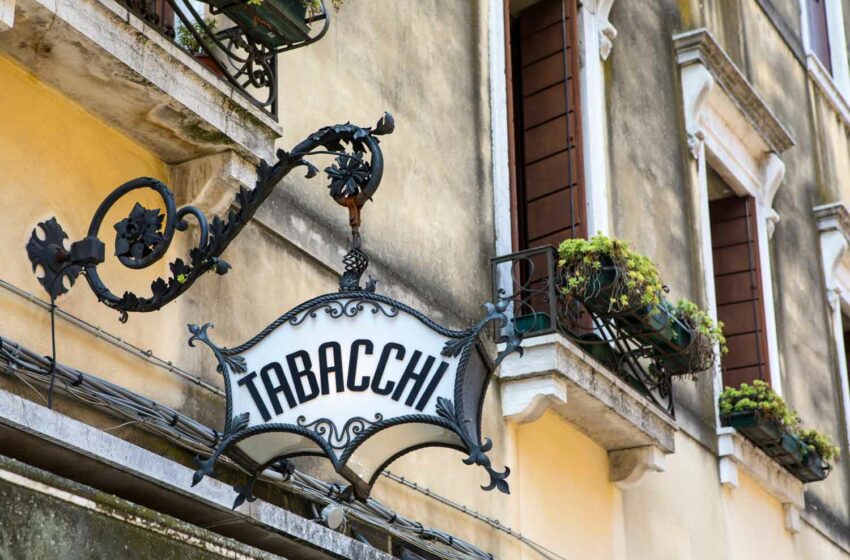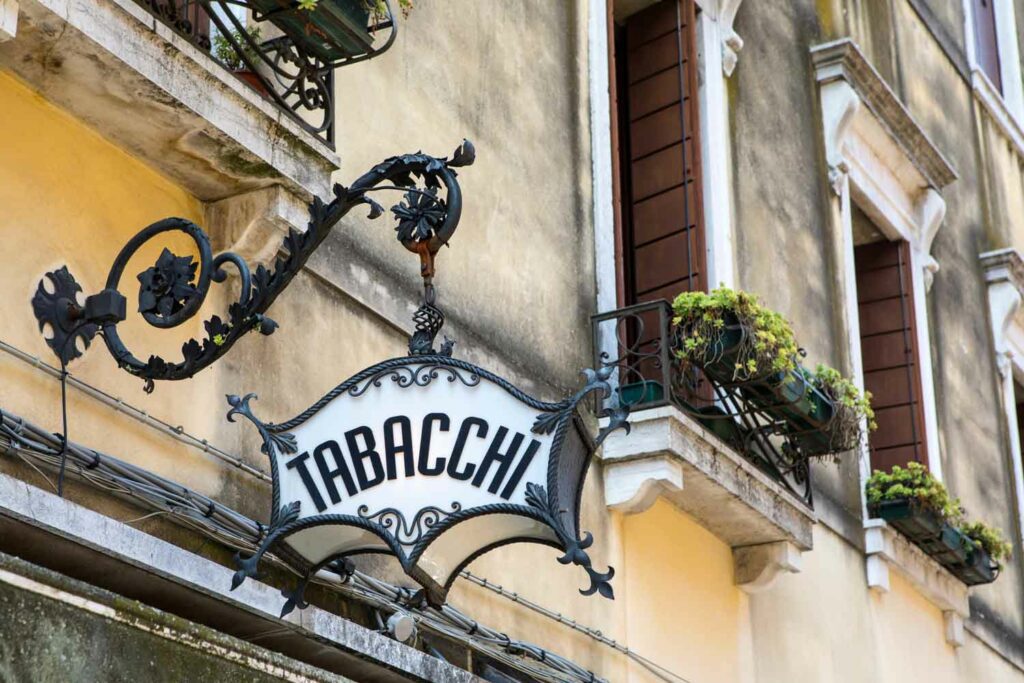
Firstunion’s Alkaid Light heating technology received an HNB innovation award on Sept. 19 at the InterTabac exhibition in Dortmund, Germany, according to a company press release relayed by Vaping360.
That same evening, Firstunion hosted a launch event, showcasing how Alkaid technology addresses consumer concerns such as heating speed, flavor quality, device cleanliness, and health impacts.
Alkaid light-heating method leverages full-spectrum light waves, mimicking the natural power of sunlight to deliver rapid and uniform heating. According to Firstunion’s Alkaid light-heating technical lead Zhu Bin, this enables the device to preheat in just five seconds, offering users instant satisfaction with a smooth, seamless draw.
Firstunion claims the technology also delivers superior taste and health benefits that elevate the smoking experience beyond current standards. According to the manufacturer, Alkaid increases the nicotine release efficiency in aerosols by more than 40 percent and boosts total particulate matter by 20 percent, delivering an experience that closely mimics that offered by traditional cigarettes.
Simultaneously, the technology cuts harmful substance emissions by 20 percent, according to Firstunion. Thanks to its innovative non-contact heating design, Alkaid requires no cleaning, ensuring the device delivers consistent, fresh-tasting flavor even after 5,000 continuous uses, according to the press note.


